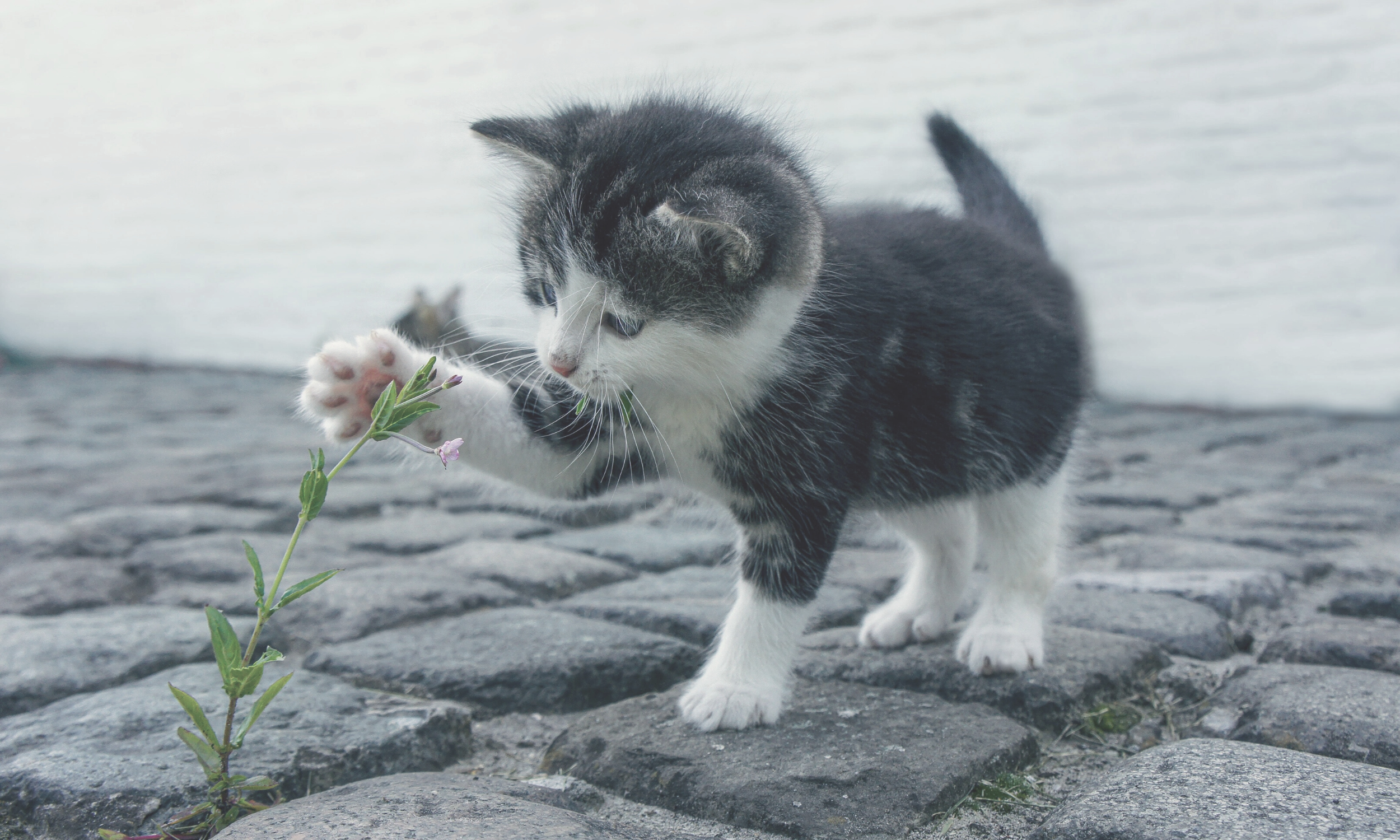Breathless With Wonder
“Wonder takes our breath away, and makes room for new breath. That’s why they call it breathtaking.”
I began Ageless Possibilities guided by three words - wisdom, belonging and curiosity. I have changed in the thirty months since the start of this blog; the world has changed.
I am thinking of changes to the Ageless Possibilities website. I am debating whether my blog posts should be less personal; I feel that sometimes, I share too much of myself. I am also re-thinking content; as my interests both broaden and intensify.
One of the most fundamental differences I have discovered over these last two years is a shift from being curious to having a sense of wonder. I have always had a strong desire to learn, which has driven my curiosity. However, these days, I am more intrigued by wonder, an almost reverential respect for life, nature, relationships, and this ageing journey. At times, it is almost a feeling of awe, an acknowledgement that I am only a particle of something vast and inexplicable.
“Everything was glowing with heaven’s unquenchable enthusiasm… I tremble with excitement in the dawn of these glorious mountain sublimities, but I can only gaze and wonder. Our camp grove fills and thrills with the glorious light. Everything awakening alert and joyful... Every pulse beats high, every cell life rejoices, the very rocks seem to thrill with life. The whole landscape glows like a human face in a glory of enthusiasm. The mountains, the trees, the air were, effused, joyful, wonderful, enchanting, banishing weariness and a sense of time.” - John Muir, writing about his first visit to Yosemite
Leonard Cohen suggests we lose our sense of wonder as children. “Seven to eleven is a huge chunk of life, full of dulling and forgetting. It is fabled that we slowly lose the gift of speech with animals, that birds no longer visit our windowsills to converse. As our eyes grow accustomed to sight, they armour themselves against wonder.”
Do wonder and curiosity weave through our various life stages? I am not sure. I suspect many of us just get so busy with living that a sense of wonder sometimes takes a backseat. We do not all have ‘jobs’ similar to Mary Oliver.
Let me keep my mind on what matters, which is my work, which is mostly standing still and learning to be astonished. - Mary Oliver
My granddaughter determined to walk!
Nothing is more wondrous than watching a young child, particularly during that first year of life. My granddaughter has just turned seven months. I am breathless with anticipation of her every milestone. Three weeks ago, she struggled to crawl, frustrated that she could not coordinate her arms and legs. This week she is crawling, standing, and attempting to walk. Not only is her physical development astounding, but so is her personality, growing from frustrated to strong, independent, and determined.
The wonder of my childhood fills my life again, almost daily. Often, I start my morning with Louie Schwartzberg’s video, A Good Day, narrated by Brother David Steindl-Rast. The video (5:21) is about gratitude with an underlying message of wonder and awe.
Research informs us that there are benefits to feeling a sense of wonder, a sense of awe.
1. Awe benefits our collective life.
Studies have shown that awe, more so than emotions like pride or amusement, leads people to cooperate, share resources, and sacrifice for others. All of which are requirements for our collective life. There is also a link between awe and altruism. Being in the presence of vast things calls forth a more modest, less narcissistic self, which enables deeper kindness toward others.
2. Awe is good for our health.
Momentary experiences of awe stimulate wonder and curiosity. Daily bursts of awe predict greater well-being weeks later.
3. Awe can inspire creativity.
Awe inspires creativity, helping us to think more flexibly and see things in a new light. One study found that "expansive thinking" lead to "outward" rather than “inward" enabling participants to consider different perspectives and see beyond their present situation.
4. Awe gives us hope.
Humanistic psychologist Kirk Schneider calls awe ‘existential therapy.’
"I believe in awe. The awesomeness of life, of being, is inexhaustible. No matter what we lose, fear, or despise, it is there. It is there at our darkest hour, in trial as in devastation, in life as in death; because it is beyond life and death, trial and devastation. It’s not that it is readily accessible, perceivable, or even conceivable; at our worst times, it is opaque. However, awe is available and that availability can be realized in an instant or a lifetime.”
5. Awe can be transformative.
Abraham Maslow’s theory of ‘peak experiences’ defined instances of near-mystical rapture and wonder in the everyday. He suggested that these experiences of awe can be transformative, if not, life-changing. Maslow emphasized that moments of transcendence could take the form of an intense religious or spiritual experience, but could also come from the simplest moment of love, beauty or natural wonder.
Do you walk through life with a sense of wonder? Has age impeded or assisted your sense of wonder? How has the location of awe changed for you over time? Has it shifted from the stars to the woods? From the birth of planets to the birth of a child? From the physical feats your body allows to the storied wrinkles of your hand? What now leaves you most in awe?
Questions from Soul Matters Sharing Circle.


